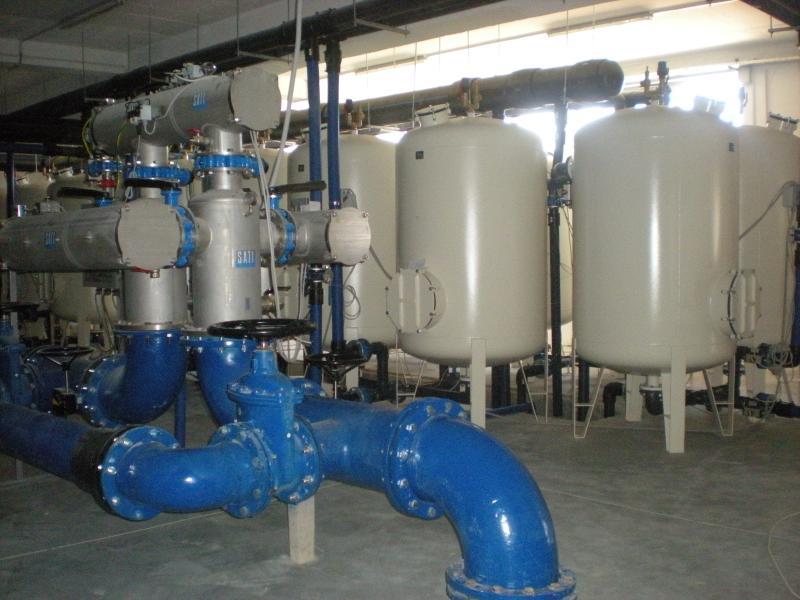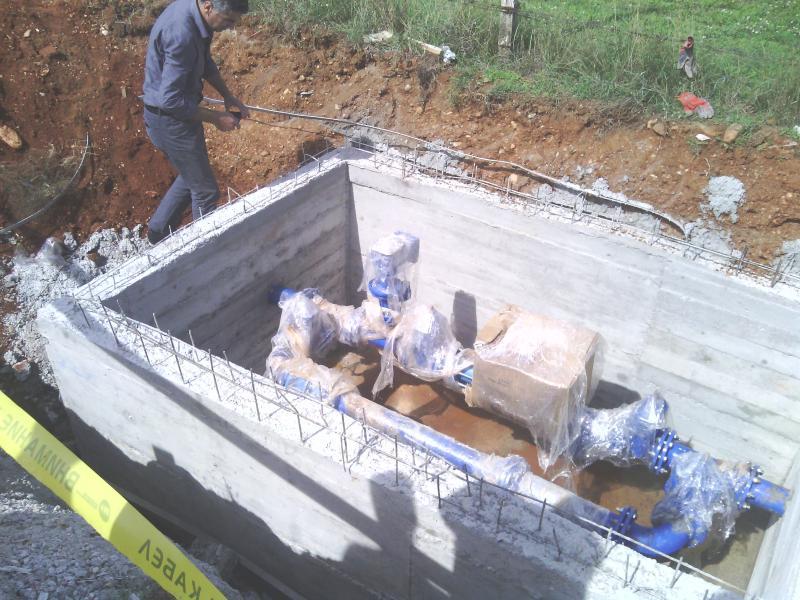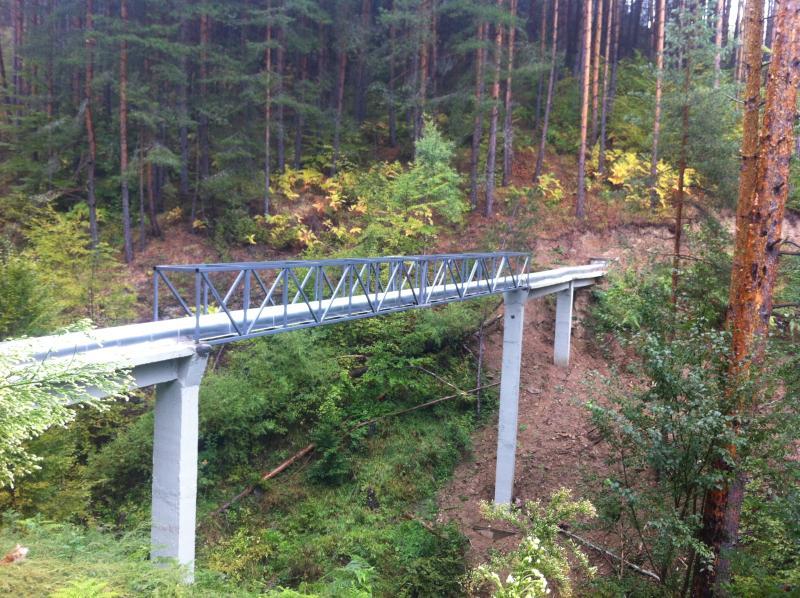The Former Yugoslav Republic of Macedonia water system gets an overhaul that benefits everyone—including the country’s winemakers.
When it comes to good wine, Kavadarci is as important to the Former Yugoslav Republic of Macedonia as Bordeaux is to France. The people of Kavadarci have been growing grapes and producing wine since the fourth century BC. The exquisite vintages have always tasted good, but the same can’t be said about the water.
A few years ago, Kavadarci, the home to southeastern Europe’s largest winery, was experiencing serious water supply problems.
“Sometimes during the summer people didn’t have access to water up to 12 hours a day,” says Ljubisha Jovanovski, a government official overseeing the rehabilitation of the former Yugoslav republic’s water supply system. “Even though the region is quite developed, the water system was flawed and unreliable.”
In fact, the entire country’s system has been outdated and in serious need of upgrades for a long time. The quality of the water had also decreased.
Impressive results across country
In 2010, the European Investment Bank and the government of FYR Macedonia signed a EUR 50 million loan to increase the water supply in rural areas and improve wastewater disposal throughout the country. The project raised water quality in most of the 84 municipalities, improving the environment and public health.

Filter station in Kavadarci
“With the EIB’s help, we devised a grading system to decide which projects to fund in each municipality,” Jovanovski says. The municipalities were also allowed to submit more than one project proposal, if they needed extensive renovations.
“Most of these projects were small-scale,” says Marco Beroš, the EIB’s lead engineer in water management, “but the results throughout the country are quite impressive.”
Clean water for all
More than 100,000 people now have better water because of the new or upgraded connections to the water supply system. Almost 137 kilometres of water mains and distribution pipes have been added or upgraded, involving more than 15,000 water supply connections.
“Even more importantly, the quality of the water increased,” Jovanovski says.
“Health risks from drinking water have decreased substantially,” adds Snezana Menkovska, a consultant working on the project. “People are drinking cleaner water nowadays.”

Installation of water meters and pressure reduction valves in Debar
Nothing is wasted
The project also improved the treatment and discharge of wastewater, making sure it is collected more efficiently and properly treated before being discharged. “We finally got a chance to modernise the sewer system, which hadn’t been upgraded since before the country became independent,” Jovanovski says.

Berovo sewage pipeline
“The loan enabled rural areas to transition from septic tanks to modern piped sewerage,” Beroš says. More than 181 kilometres of sewer and storm-water pipes have been built or rehabilitated, connecting more than 37,000 people to sanitation services so far. “
The project also supports the goals of the EU bank’s Economic Resilience Initiative, a new programme that is improving infrastructure and investing in services such as clean water, better sanitation and modern solid waste management.
Keeping a tradition alive
“I think that the exposure to best international practises will greatly help us in the future,” Menkovska says. “It’s a great experience for future project applications. Hopefully, we are going to take a step forward in other sectors as well.”
In the near future, people all over the country will be drinking safer water because of this project. And in the Kavadarci region, maybe the winemaking tradition will stay alive for another 2,500 years.
